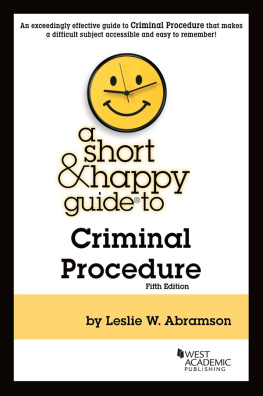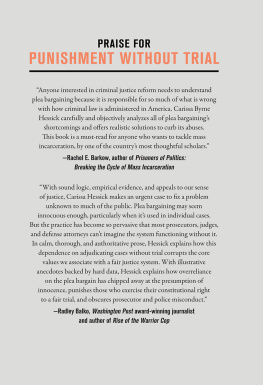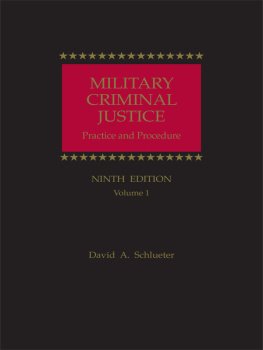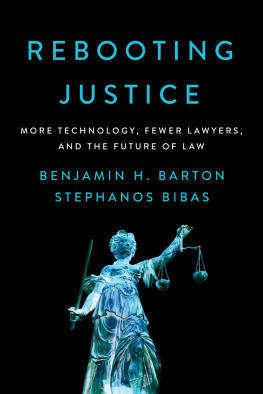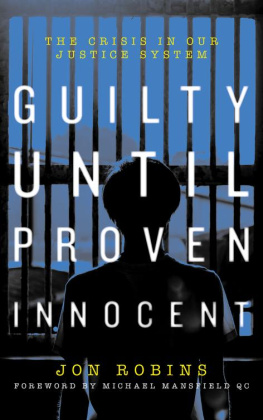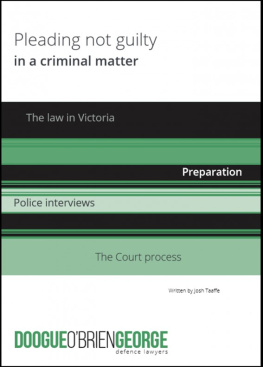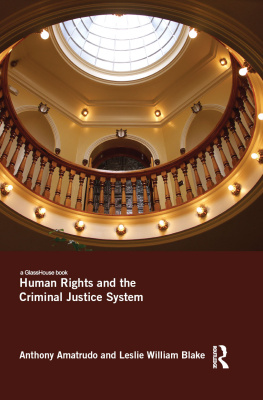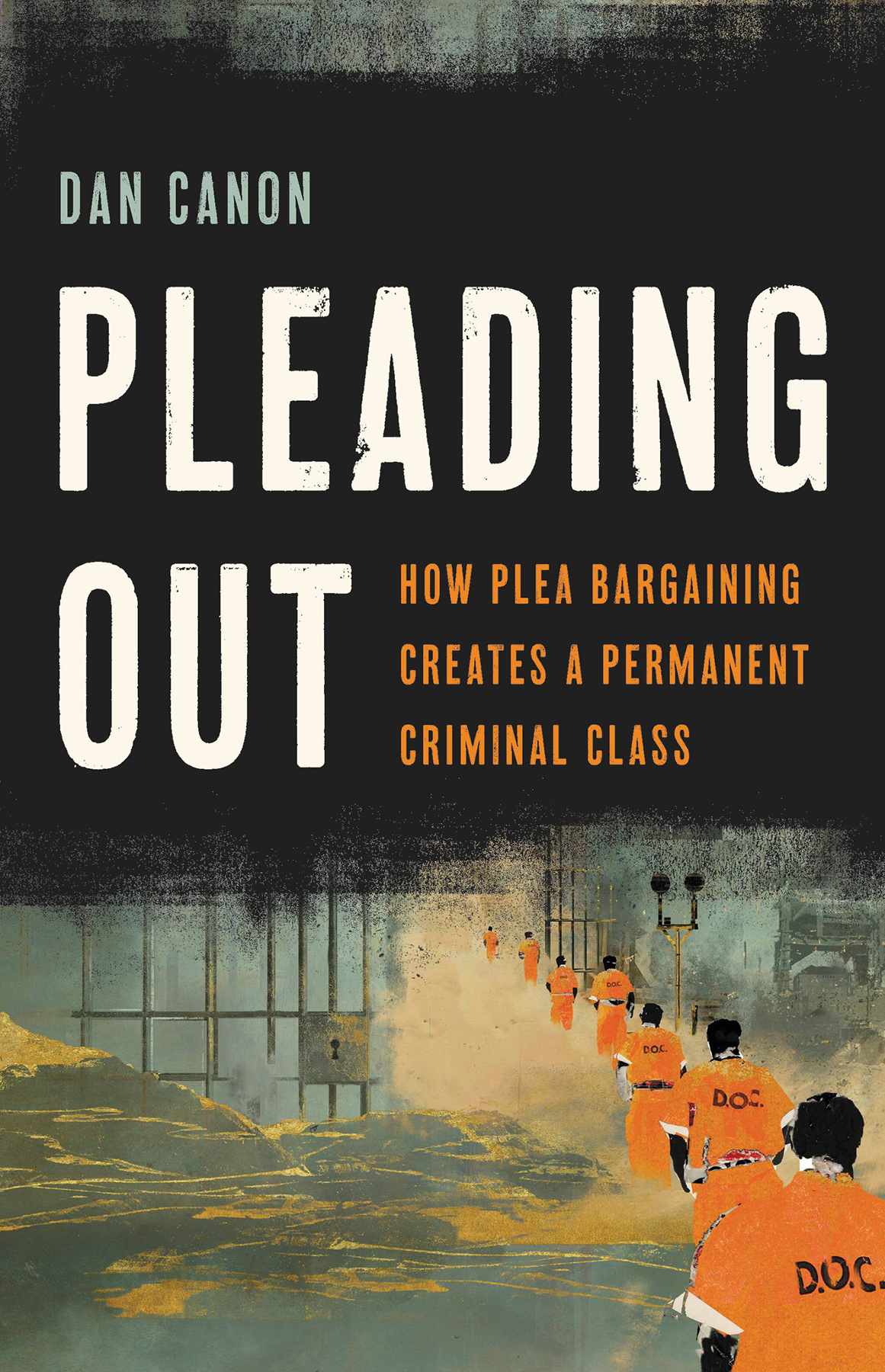
Copyright 2022 by Dan Canon
Cover images 2021 Bruno Mallart / www.brunomallart.com; FL Wong / Shutterstock.com
Cover copyright 2022 by Hachette Book Group, Inc.
Hachette Book Group supports the right to free expression and the value of copyright. The purpose of copyright is to encourage writers and artists to produce the creative works that enrich our culture.
The scanning, uploading, and distribution of this book without permission is a theft of the authors intellectual property. If you would like permission to use material from the book (other than for review purposes), please contact permissions@hbgusa.com. Thank you for your support of the authors rights.
Basic Books
Hachette Book Group
1290 Avenue of the Americas, New York, NY 10104
www.basicbooks.com
First Edition: March 2022
Published by Basic Books, an imprint of Perseus Books, LLC, a subsidiary of Hachette Book Group, Inc. The Basic Books name and logo is a trademark of the Hachette Book Group.
The Hachette Speakers Bureau provides a wide range of authors for speaking events. To find out more, go to www.hachettespeakersbureau.com or call (866) 376-6591.
The publisher is not responsible for websites (or their content) that are not owned by the publisher.
Library of Congress Cataloging-in-Publication Data
Names: Canon, Dan, author.
Title: Pleading out : how plea bargaining creates a permanent criminal class / Dan Canon.
Description: First edition. | New York, NY : Basic Books, 2022. | Includes bibliographical references and index.
Identifiers: LCCN 2021050421 | ISBN 9781541674677 (hardcover) | ISBN 9781541674684 (epub)
Subjects: LCSH: Plea bargainingSocial aspectsUnited States.
Classification: LCC KF9654 .C36 2022 | DDC 345.73/072dc23/eng/20211109
LC record available at https://lccn.loc.gov/2021050421
ISBNs: 9781541674677 (hardcover), 9781541674684 (ebook)
E3-20220110-JV-NF-ORI
November 20, 1972, was a crisp fall day in eastern Ken tucky. The leaves had turned their final shades of rust and yellow. The air was clean and cold in the city, not cold enough to herd people into heavy coats and knitted scarves just yet, but the kind that chills the lungs enough to sharpen the senses. Officer Cecil Mobley got word from the neighborhood grocery stores manager about some suspicious characters. They were trying to buy dog food and cigarettes with checks that didnt look right. Mobley, off duty but working security, went to the front of the store, where the manager pointed out two young Black men. A rookie in the Lexington Police Department, Mobley couldnt afford to screw this up. He walked right up to the two and demanded to know where they got the checks they were using. They said they found them. Then Mobley pulled his gun.
Paul Lewis Hayes was one of the two men arrested that day. At his second court appearance, the prosecutor insisted that Hayes engage in plea bargaining rather than go to trial. The prosecutor offered him five years on the charge of uttering a forged instrument: signing a check that he shouldnt have signed. Hayess story was that he was asked by his alleged partner in crimea man he had never metto cash a check for him in exchange for a few dollars in gas money. Hayes said that I figured because my brother know him I thought that check was a good check because I never did look at itthe check real good, you know. Hayes had been in some trouble with the law before, so he was in a compromised position. Still, he had a family to support, and steady work as a horse transporter. Five years seemed like a lot of time for a bad check. He didnt want the deal.
Frustrated by Hayess refusal, the prosecutor upped the ante by threatening to slap him with additional charges under the states habitual offender statute. That law, dubbed the hibitch by defendants in the know, was meant to teach a lesson to anyone convicted of more than one felony offense. In 1972 the hibitch carried a mandatory penalty of life in prison. Hayess codefendant was offered a similar deal and took it just so the prosecutor wouldnt put the hibitch on him. Worse, the deal required him to testify against Paul, making the pressure to plead guilty even more intense. But Paul insisted he was innocent. He wanted a trial.
A man of his word, the prosecutor piled the additional charge on Hayes and sought to put him away for life. It was Hayes, not his lawyer, who brought the prosecutors tactics up at trial. He told the jury:
Just wait a minute. I have seen people that has been to the penitentiary seven and eight times out of this very court and everywhere. How come all these people that been in prison is walking the streets that was seven- and eight-time losers? How come this man offered me a five-year plea on a cop-out? That is what I dont understand. I have had only one number on my back [referring to his one previous incarceration] and you want to put me away for the rest of my life. I said, I am going to take my odds with the jury, you know, and that is the reason I am sitting here today.
Later, the prosecutor would scold Hayes on the witness stand, asking Isnt it a fact that I told you if you did not intend to save the court the inconvenience and necessity of a trial and taking up this time that I intended to return to the grand jury and ask them to indict you based upon these prior felony convictions? Hayes was convicted, and because of the sentencing laws in Kentucky at that time, the jury had no choice but to sentence him to life in prison for a check worth $88.30. He was twenty-nine years old.
The US Supreme Court upheld Hayess conviction in 1978, under the case name of Bordenkircher v. Hayes . The Court found nothing unconstitutional, or even particularly unfair, in smacking someone with a life sentence for having the audacity to demand a trial. In fact, Justice Potter Stewarts opinion speaks fondly of the mutuality of advantage that plea bargaining gives both defendants and prosecutors. The prosecutors job, according to Justice Stewart, is to persuade the defendant to forgo his right to plead not guilty. Because Hayes was not persuaded, he had to spend his life in prison over an $88.30 check. Thats just part of the game, said the Court.
Although Hayes was unlucky enough to get a life sentence for a bad check, he was at least lucky enough to return to a semblance of a normal life. He made parole on the first try, nine years after his conviction, with the help of Vince Aprile, the lawyer who represented him before the Supreme Court. After making parole, Hayes went back to transporting horses. He died in a car accident a few years later while moving thoroughbreds across Kentucky.
In Hayess parole application, Aprile included newspaper clippings from all over the country of prosecutors expressing outrage over what the Kentucky prosecutor had done. Those prosecutors insisted that they would never have punished a defendant for insisting on a trial. But in the decades that followed, it became apparent that this wasnt true. Bordenkircher v. Hayes became part of a permissive legacy that began in the dark corners of courthouses and was ultimately blessed by judges everywhere, one that allows prosecutors and other players in the system to punish anyone who refuses to engage in plea bargaining with what is now commonly referred to as a trial penalty.
Paul Hayes was at the receiving end of a tactic handed down from British nobility to Bostons high society, one that was intended to keep the laboring classes pacified and divided. Hayes led a difficult life by any measure. He did not live out his days in prison, but he was hardly free. He lived and died as a member of the lowest class in US society: the criminal class. An uncontrolled system of plea bargaining helped put him there.


